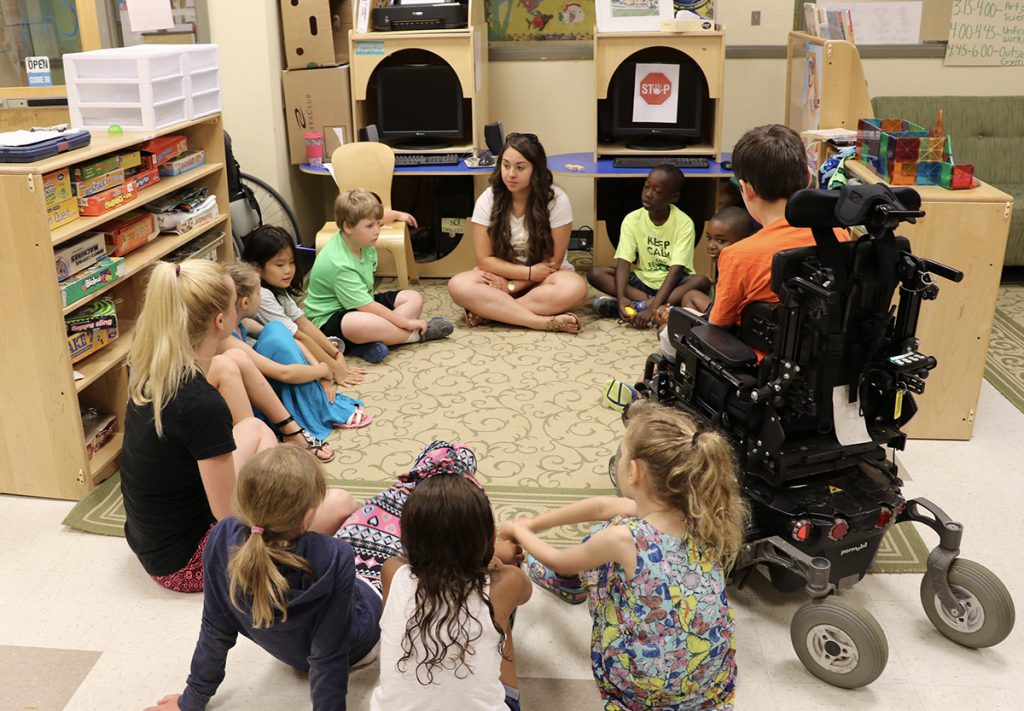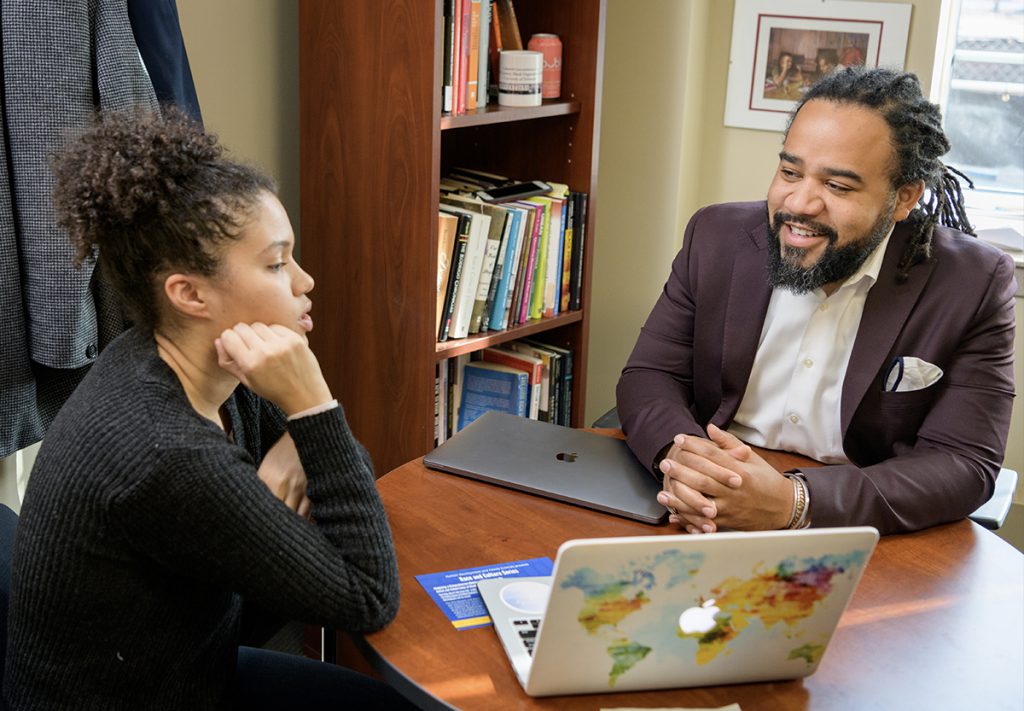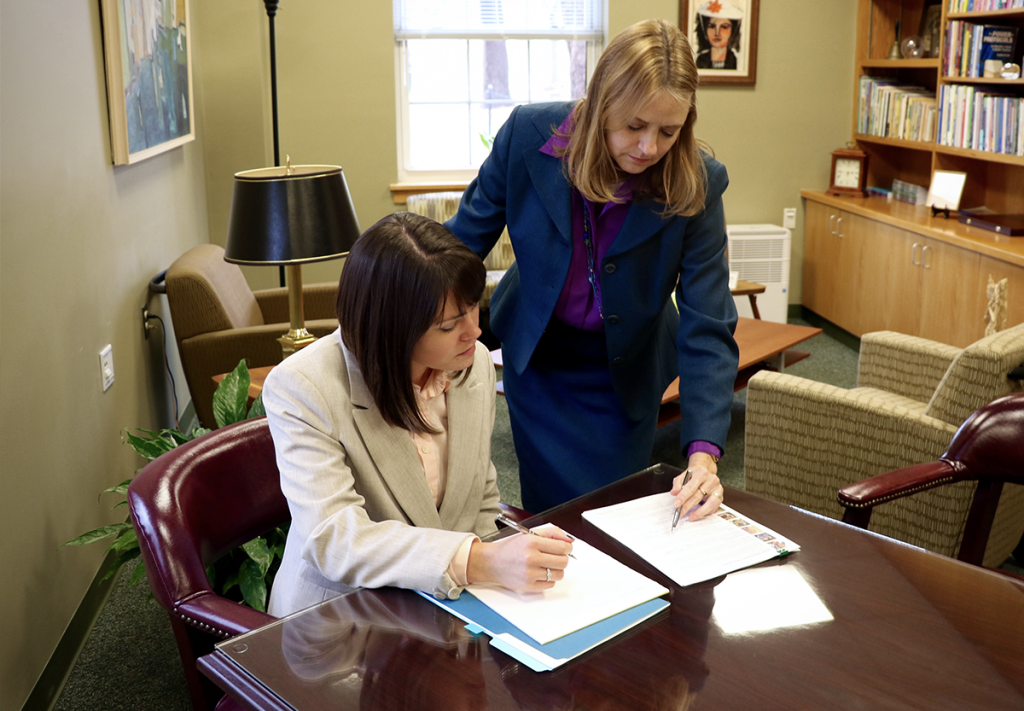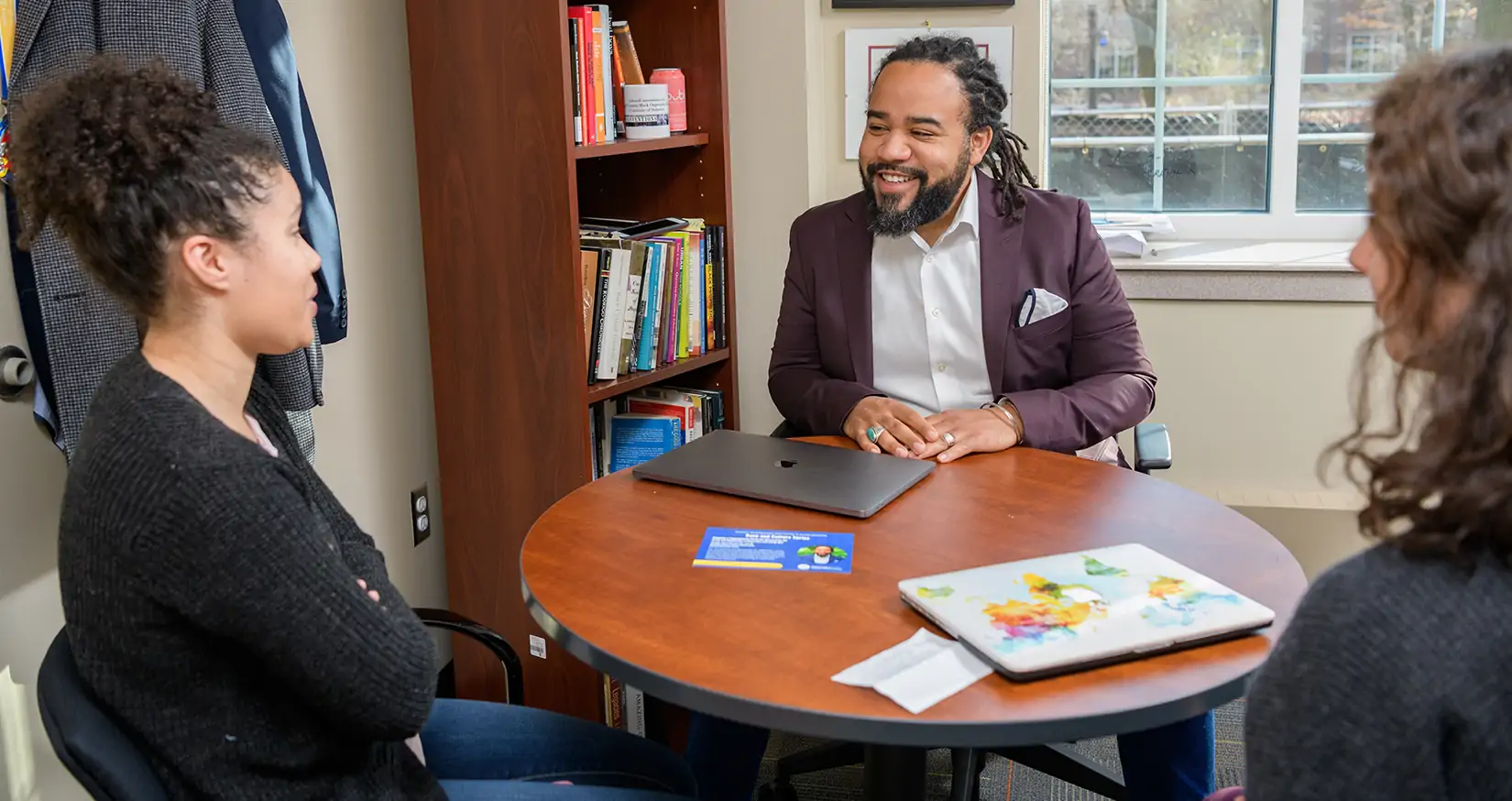Human Development and Family Sciences
Making a difference through research and practice
The University of Delaware’s Department of Human Development and Family Sciences is an academic unit that prepares undergraduate and graduate students for a career in early childhood education, family studies or human services.
We value the promotion of positive human development and well-being within the context of a rapidly changing global environment. By providing a rigorous curriculum and practical field experience, our students develop the skills to become leaders in their fields. Our students have the opportunity to work closely with faculty members to conduct research and provide service throughout the region, country and world.
We are here to help you help others
Our programs prepare students to make a difference by working in areas such as family and community services, non-profits, family law, disability services, counseling and early childhood education.

By combining intensive coursework with multiple field placements, our students graduate with the skills necessary to succeed in inclusive classrooms.

Graduates join the fields of human services, psychology, public policy, and social work helping to support individuals and families in their communities.

This program teaches students how to facilitate workplace training and navigate legal aspects of workplace administration.
Latest News
Around the world this winter
Class is back in session
Purpose Matters
Changing the Stories of Substance Use

I loved having the opportunity to apply my skills outside of my classes in my field placements. Human Relations Administration is such a versatile major, and I found that I’m interested in many different fields of work. The classes I took along with my field placements definitely prepared me for what I want to pursue.

